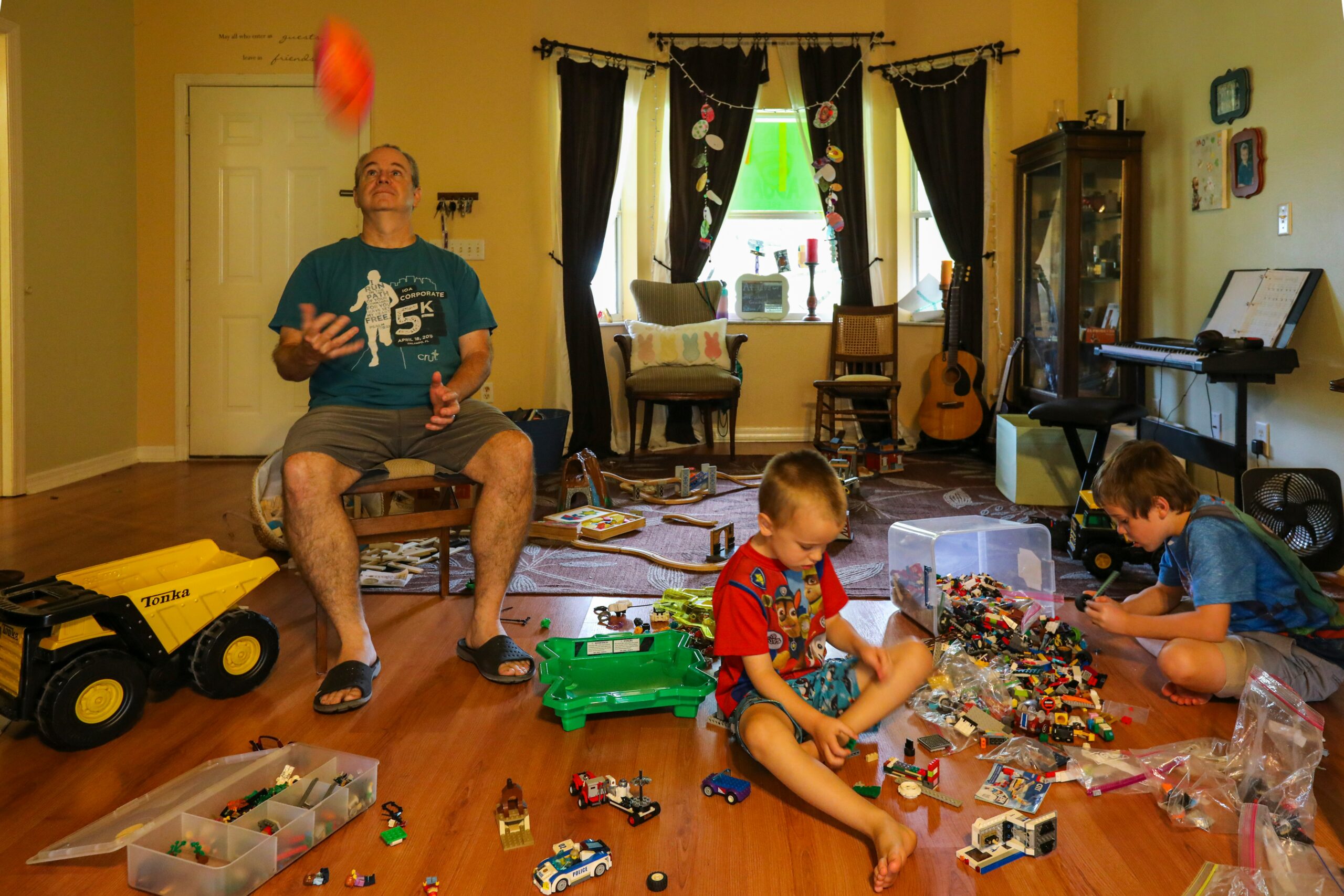Gentle parenting is more than a buzzword—it’s a transformative approach that prioritizes empathy, respect, and understanding over traditional discipline. As more families seek nurturing ways to guide their children, gentle parenting has emerged as a powerful, research-backed philosophy that fosters deep connections and long-term emotional health.
Thank you for reading this post, don't forget to subscribe!
At its core, gentle parenting is about seeing your child as an individual with valid feelings and needs. Instead of focusing on punishment or quick fixes, gentle parents strive to understand the emotions driving their child’s behavior and respond with compassion. This approach is supported by child development experts who emphasize that children learn best when they feel safe and understood, not threatened or shamed. According to the American Academy of Pediatrics, positive discipline strategies—such as setting clear expectations, modeling calm behavior, and validating emotions—are more effective than punitive measures in promoting healthy development and self-regulation.
For example, when a toddler has a meltdown in the grocery store, a gentle parent might kneel down, make eye contact, and calmly say, “I see you’re upset because you can’t have the candy. That’s really hard.” This moment of connection helps the child feel seen and heard, reducing the intensity of the outburst and building trust. Over time, children raised in this environment develop stronger emotional intelligence and resilience, as they learn to identify and manage their feelings in a supportive space.






